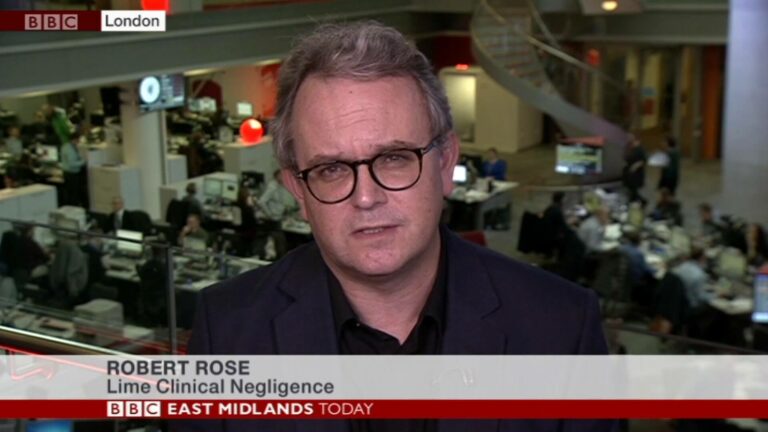BBC News yesterday reported upon the rising cost of the compensation bill which it pays to individuals who have suffered catastrophic injuries, particularly in relation those mistakes made before 1995. It was reported that the bill for medical mistakes has begun to rise for the first time in 5 years.
The article went on to report that the payouts rose by 13% in 2017, totalling £27.7 million. The BBC’s analysis put this down to increased life expectancy and rising care costs.
There was also the suggestion that lawyers’ excessive legal costs made up more than a third of the overall NHS negligence bill and that the Department for Health plans to cap the fees that lawyers can recoup when the cases succeed.
It is important to understand that, when a child suffers a significant injury, such as a brain injury, as a result of failures in care, that child will need around the clock care and assistance from specially trained nurses for the remainder of their life. These costs are significant. Not only that, but the child’s accommodation often needs adapting to allow them to access all of the property and an array of treatments, therapies and specialist equipment are required. The costs of such can equate to several million which is why large awards of compensation are made to such individuals. Usually, the money is paid to the injured party in as a partial lump sum, together with annual payments for the remainder of their lives to ensure that the money doesn’t run out if they out-live their predicted life expectancy.

Specialist medical negligence Partner at Lime, Robert Rose, discussed the report in a televised interview with BBC East Midlands Today. Mr Rose was asked to give his view on the sums being paid out by the NHS;
“The amounts reflect the concerns we have all had about patient safety over the last 20 years. Those amounts, it’s important to remember, relate to very seriously brain injured children and compensation figures for an individual case can run into several million pounds.”
Mr Rose was then asked for his view on the suggestion that the NHS intends to take action against law firms “creaming” off excessive legal costs that dwarf the damages received;
“The focus has to be on patient safety. The Court has introduced new rules which controls lawyers’ costs very carefully, and secondly, lawyers will only incur fees if a patient has been injured and if they can claim compensation. So it all goes back to preventing the accidents, the medical accidents in the first place.”
Mr Rose was asked if there was any danger of the UK developing compensation culture;
“The National Audit Office prepared a report last year and they indicated that less than 2% of those who could put forward a compensation claim against the National Health Service actually do, so I don’t think there is any danger at the moment of developing a US style compensation culture.”
It was put to Mr Rose that mistakes will be made and the bottom line is that this is a huge amount of money that could be spent on other nurses and operations;
“I agree, but there will be larger amounts of money spent on wasted bed time, extra nurses etc which has been caused by these accidents. The driving principle has to be to improve patient safety, to lessen these incidents in the first place and that will reduce legal costs in turn.”
